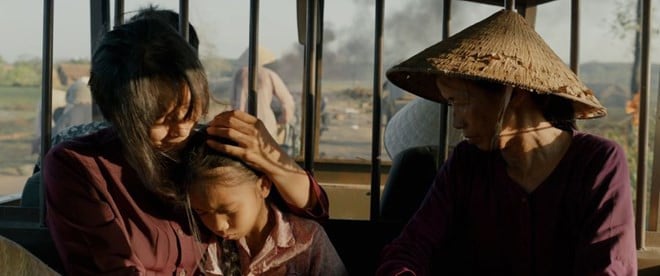
Compared to films by male directors, which are often intense, violent, and sometimes epic, female directors skillfully weave softness, subtlety, and poetic qualities into each frame, while still maintaining the decisiveness, and even the edginess, necessary in film.
Before the Doi Moi (Renovation) period, the late People's Artist and director Bach Diep laid a solid foundation for the position of women in filmmaking, with emotionally rich and humanistic cinematic works such as "The Feast of the Saints" and "Legend of the Mother," which were honored with the State Award for Literature and Arts. Her career is a great source of inspiration for subsequent generations of female directors to follow in her footsteps.
Entering the Doi Moi (Renovation) period, the film industry opened its doors to many new creative ideas, and the role of female directors was further affirmed. In mainstream cinema, People's Artist Pham Nhue Giang and director Dang Thai Huyen are two prominent names. Looking at the works of People's Artist Pham Nhue Giang, viewers can clearly feel the poetic quality and subtlety of a sensitive artistic soul, exemplified by the films "The Desolate Valley" and "Mother's Soul".
Nhuệ Giang's films delve deep into the inner world, exploring the spiritual realm of women and the plight of the underprivileged with profound empathy. In "The Desolate Valley," Nhuệ Giang portrays the silent sacrifices of female teachers in mountainous regions in a gentle, non-dramatized way, yet touches the hearts of viewers with subtle details about daily life, love for their profession, and human connection.
It is the poetic quality in her films, expressed through her gentle, intimate storytelling, that creates a soft cinematic space, softening the harshness of the subject matter and allowing viewers to feel the beauty of endurance and sacred maternal love, even in sad stories like "Mother's Soul," with its mother character overflowing with love.
Lieutenant Colonel and director Dang Thai Huyen reaffirmed the assertiveness of women in the movement. war movies and post-war. Her works, such as "The Returnee" and especially "Red Rain" (2025), have explored historical themes and war, delving into the brutality of the conflict with a spirit of dedication and strength no less than that of men. She is willing to put herself and her film crew in harsh environments to vividly recreate and convey the "epic" about the homeland and people of Vietnam.
And this intensity is not contradictory but complements the gentleness in the humane details, not only in the image of the Vietnamese soldier who stopped shooting when he saw a family photo of a Republic soldier fall to the ground, or in the image of the Republic officer preventing his soldiers from shooting the girl rowing a boat carrying soldiers across the river. In independent films, female directors like Nguyen Hoang Diep with "Flapping Wings in the Air," Hong Anh with "Island of the Settlers," and Duong Dieu Linh with "Rain on Butterfly Wings" are names that bear a very distinct creative mark and have won awards at several international film festivals. Especially Duong Dieu Linh, who delves into the issues of women in contemporary life, with a strong feminist perspective and an interesting viewpoint, truly has a promising future in her artistic career.
The success of the aforementioned female directors demonstrates that women are fully capable of creating powerful works that directly and forcefully reflect political and social issues, just like their male counterparts, and in some cases even more insightful thanks to their gender sensitivity and ability to explore the psychological depth of their characters. They not only affirm their individual talent but also deliver films that reflect life in a multifaceted way, both profound and subtle, yet powerful and decisive. However, despite these prominent names, the number of female directors of feature films remains relatively small. Vietnamese cinema The number of women working in feature films is still small compared to men. The demanding nature of long-term filmmaking often involves traveling long distances, working long hours, and facing significant financial and deadline pressures, causing many women to think carefully before embarking on this career.
Source: https://baoquangninh.vn/chat-tho-va-su-quyet-liet-trong-phim-cua-cac-nu-dao-dien-3380839.html









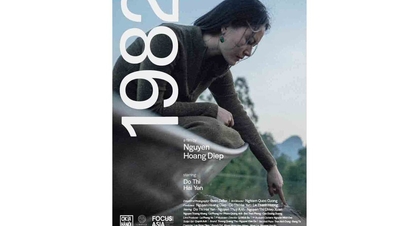





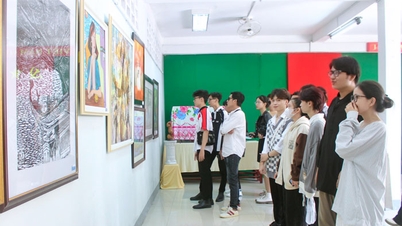


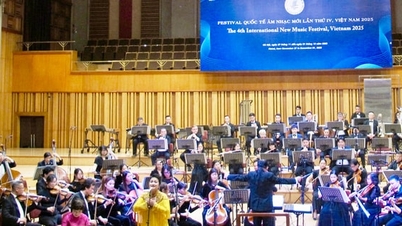
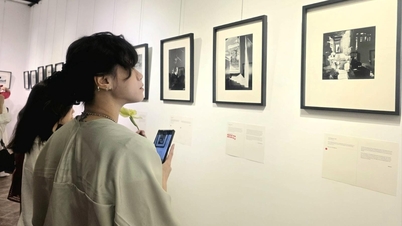







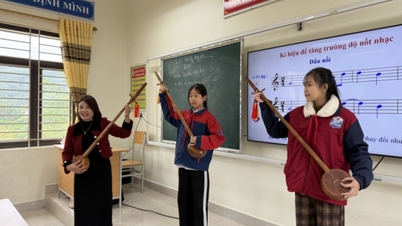
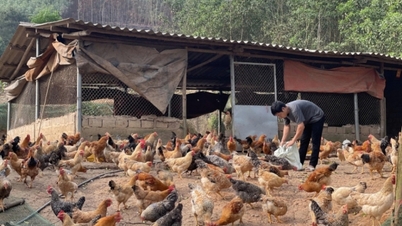















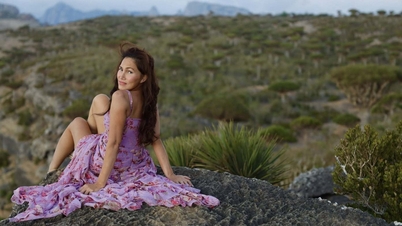

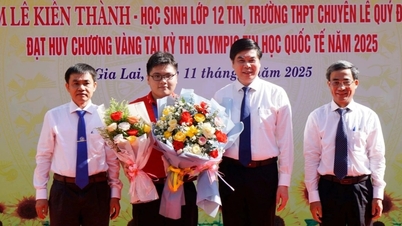



























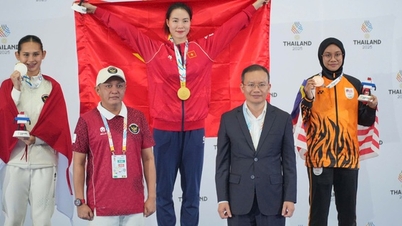

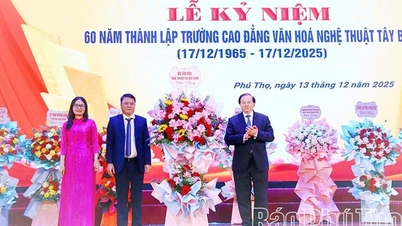
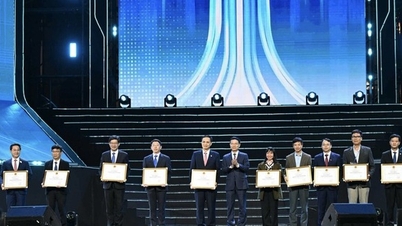
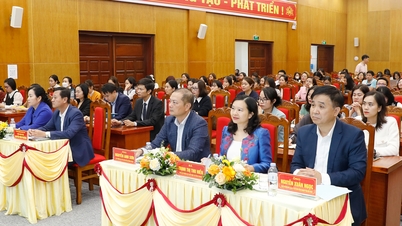




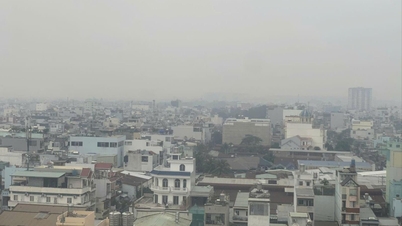
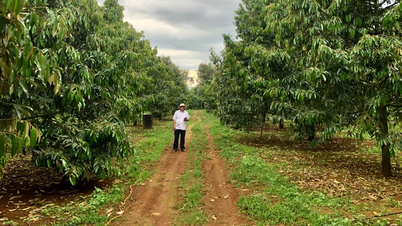















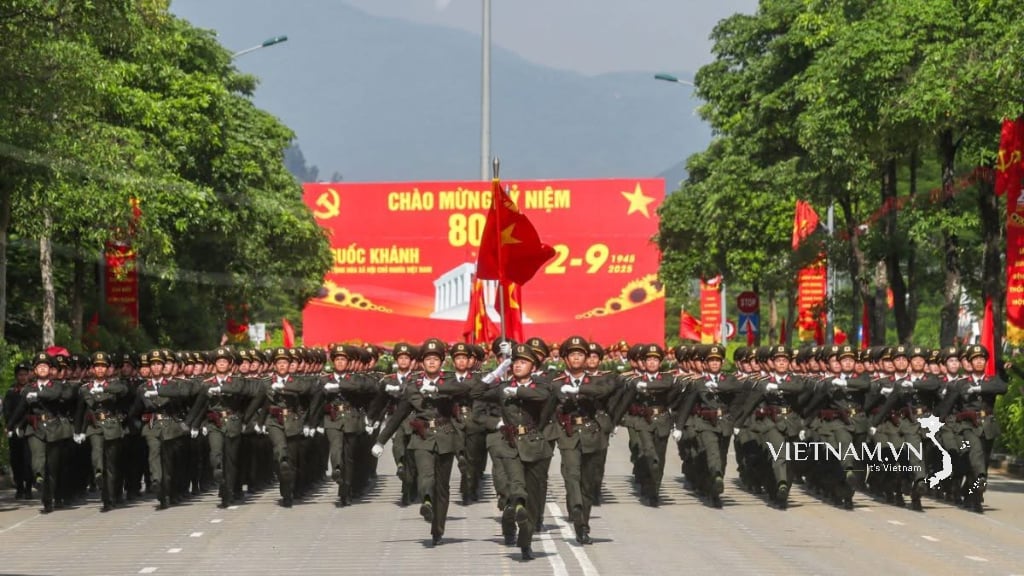
Comment (0)